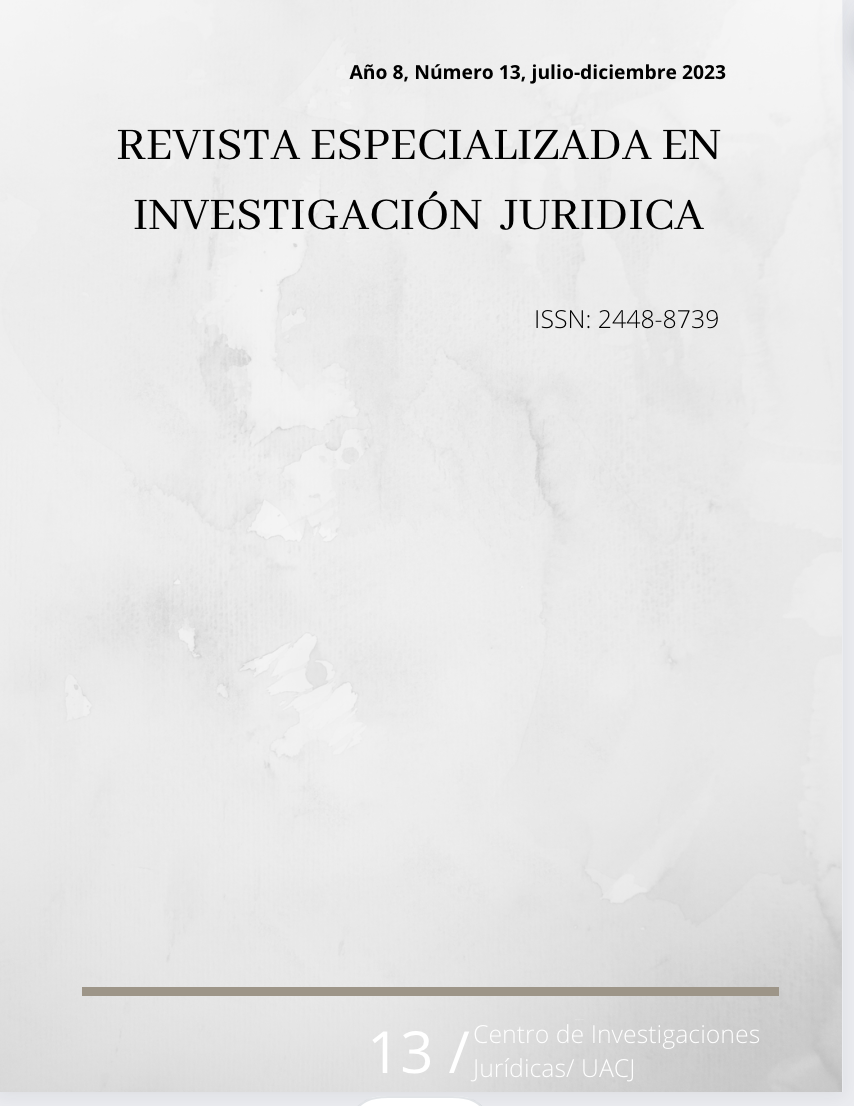The recouse to reasons in private international law
The author questions how to interpret the normative statements of private international law. He highlights the importance of solving “difficult cases,” according to hartian terminology. Jurists are faced with a complex activity that is made difficult using expressions outside the domestic forum that...
Enregistré dans:
| Auteur principal: | |
|---|---|
| Format: | Artículo de investigación |
| Langue: | spa |
| Publié: |
Instituto de Ciencias Sociales y Administración
2024
|
| Sujets: | |
| Accès en ligne: | http://erevistas.uacj.mx/ojs/index.php/reij/article/view/6270 |
| Tags: |
Ajouter un tag
Pas de tags, Soyez le premier à ajouter un tag!
|
| Résumé: | The author questions how to interpret the normative statements of private international law. He highlights the importance of solving “difficult cases,” according to hartian terminology. Jurists are faced with a complex activity that is made difficult using expressions outside the domestic forum that are not easy to mean. That is, given the specialty of the object language, the interpretation and application of international regulations normally presents a “difficult case” that requires the reformulator’s reasoning, weighing and proportionality of reasons, since it cannot be concluded only through a simple modus ponens., nor affirm that the right is already provided for. When interpreting, reasons must be given for making the final decision. In the case of international legal traffic problems, decision-making should never lack rationality, with the judge being the one who must carry out the most important activity: arguing. The conclusion reached is that although the final decision is important, the procedure to follow to reach that final decision is even more important. |
|---|---|
| ISSN: | 2448-8739 |
